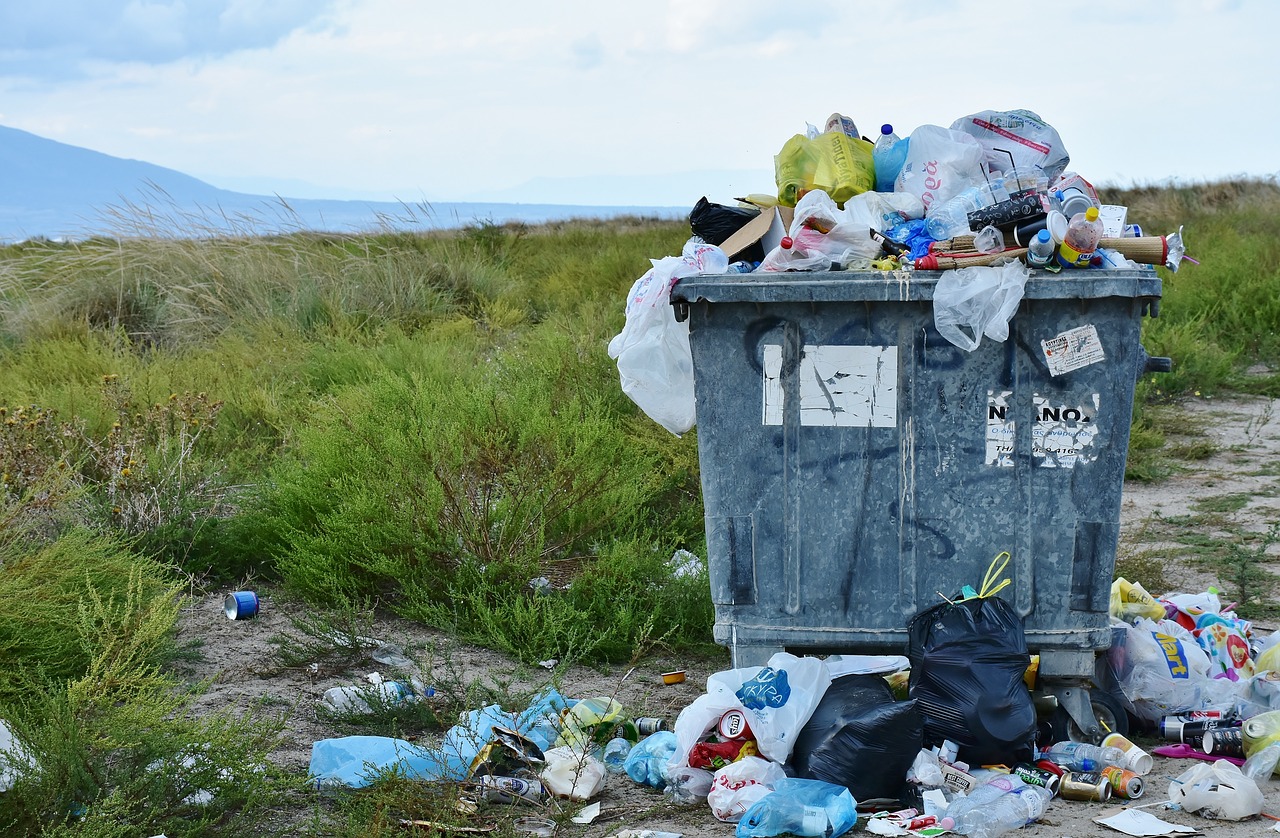Now that the news is out about the high CO2 emissions caused by councils incinerating household waste, which is mostly plastic, it feels right to look at avoiding plastic again. The emissions from an incineration plant are actually worse than from a coal-fired power station.
Here are ten for beginners:
- Carry reusable shopping bags
- Give up bottled water
- Carry a stainless steel travel coffee/tea mug
- Give up those frozen ready-meals or take-outs if they’re in plastic containers
- Shop at your local farmers market with your own bags
- Buy baked bread, not the steamed sliced stuff in plastic bags
- Buy wine with real cork corks
- Use non-plastic washing-up sponges and scratchy things (or your fingers)
- Switch to soap bars instead of liquid soap in bottles
- Keep your own reusable food and drink utensils at the office
Here are ten more for the die-hards out there:
- Carry reusable eating utensils and straws
- Cut out Tetra Pak juices, soups etc
- Carry a paper or cloth bag for produce from the grocery aisle
- Take metal containers for meat
- Get milk in returnable glass bottles
- Choose plastic-free chewing gum (avoid the polyvinyl acetate)
- Make your own bathroom cleaner
- Switch to shampoo and conditioner bars instead of the liquid in bottles – the big brands are being very slow to catch on so you might have to swap brands too
- Use beeswax or sandwich cloths instead of cling film or resealable plastic bags
- Save and reuse those magazine bags that are made with compostable materials which is as good as plastic for a couple of uses
For a bonus point, next time in the supermarket, comment to one of the employees that the amount of plastic packaging in use is shocking. Tell them to tell their manager.
Thanks and credit to “My Plastic-free Life”

